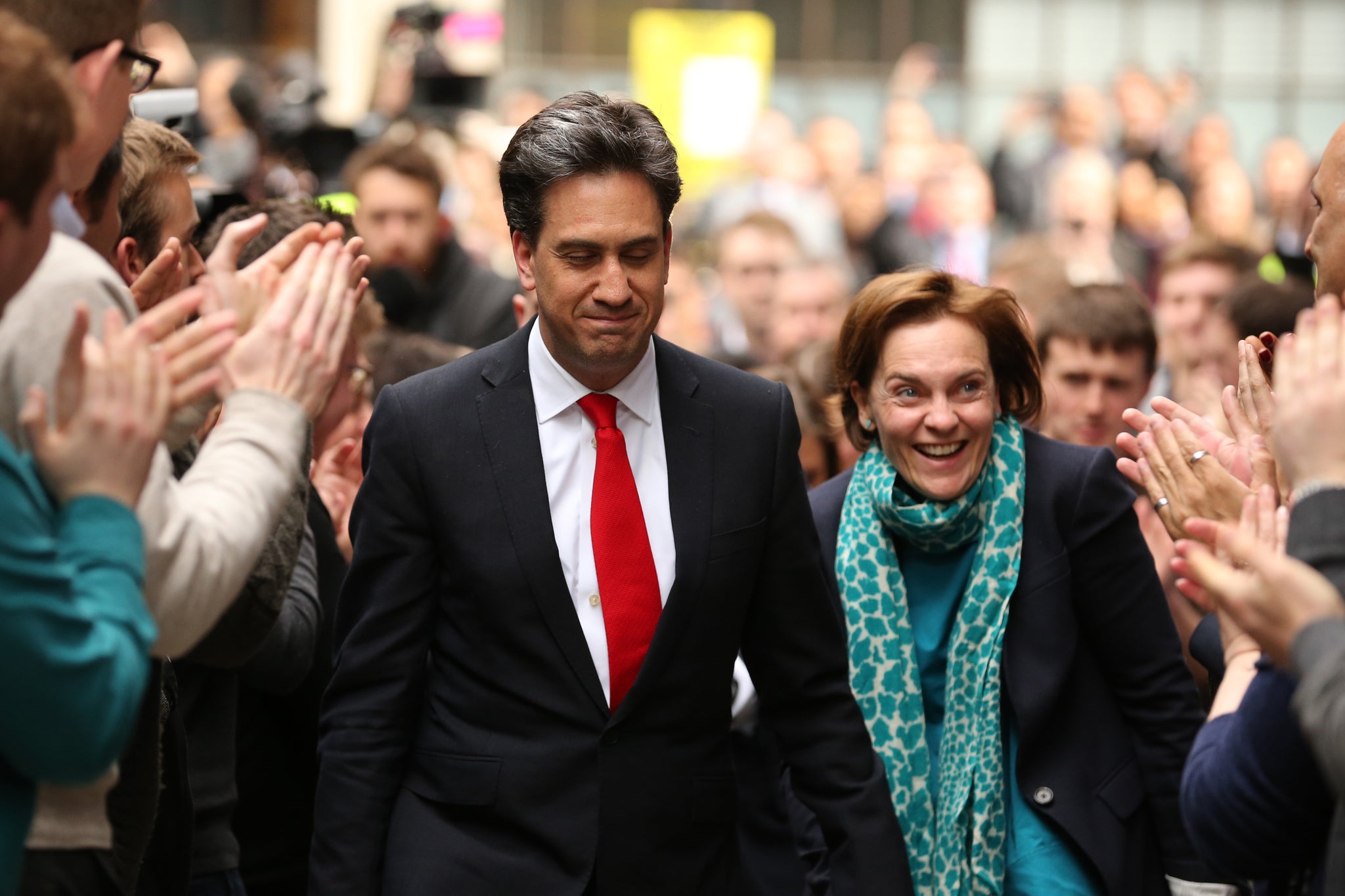Labour's Beckett Report busts myths about why the party lost the 2015 general election
The report says criticisms of the party being 'too left wing', 'anti-business', or 'anti-aspiration', may be wide of the mark

Many of the most popular explanations for why Labour lost the 2015 general election should be treated with caution and probably do not explain why the party lost, a major review has found.
The Beckett Report, commissioned by the party in the wake of its defeat, warned that explanations including Labour being “too left wing”, “anti-business”, or “anti-aspiration” were not “significant” factors.
“In general, we believe that these commonly held reasons for defeat should be treated with caution and require deeper analysis,” the review said.
“Often they were contributory factors to the broader narrative rather than necessarily significant reasons in their own right.”
The inquiry, whose final report was released on Tuesday afternoon, says that the weight of research evidence since the election pointed to a number of other reasons being more significant.
The most important factors were suggested to be the perceived weakness of Ed Miliband, fear amongst English voters that Labour would work with the SNP, and an association with the economic crisis under the last Labour government.
Labour was also said to have failed to convince voters of its welfare and immigration policies.
Other factors beyond the party’s control in the general electoral landscape were also said to have contributed to Labour falling short of expectations.
“We were badly beaten. The collapse in Scotland made it impossible for us to be the biggest party and the Liberal Democrat collapse enabled the Tories to gain an overall majority and keep us out of power,” the report reads.
“We received far fewer votes than were foreseen. And where we did achieve swings against the Tories, these were in safe Labour seats, rather than in the target marginals, in which we worked so hard.”
Crucially, the inquiry said it would be difficult for Labour to win next time because of changes to constituency boundaries, voter registration changes, and restrictions on trade union funding of parties.
She said the party leadership had already learned some lessons of the defeat by focusing on trust in politics. The party should also campaign in ordinary language, focus its policy on the condition of Britain in 2020, unite for the EU referendum campaign, and draw up a proper five-year media strategy.
The internal inquiry, set up by former interim leader Harriet Harman, was chaired by Margaret Beckett, who described the reaction to Labour’s defeat as “emotional”. She and her team produced a 35-page document.
Labour’s defeat came as a shock to pollsters, whose polls had suggested that the result would be much closer than it eventually was. Ultimately the Conservatives won a narrow majority.
A separate inquiry commissioned by the British Polling Council and the Market Research Society today released its interim report into why the polls were inaccurate.
That commission found that Labour voters were habitually over-represented in samples collected by pollsters and that this overstated the number of Labour voters in poll results.
Join our commenting forum
Join thought-provoking conversations, follow other Independent readers and see their replies
Comments
Bookmark popover
Removed from bookmarks